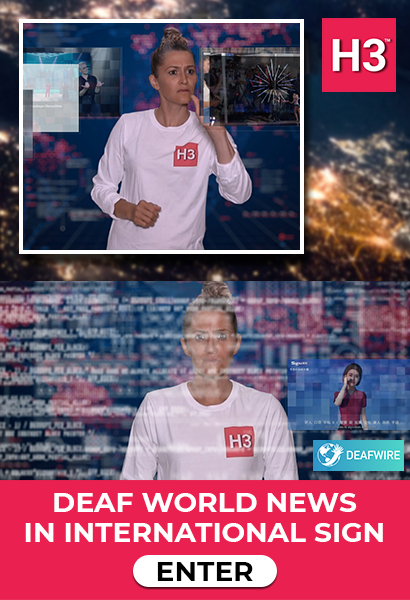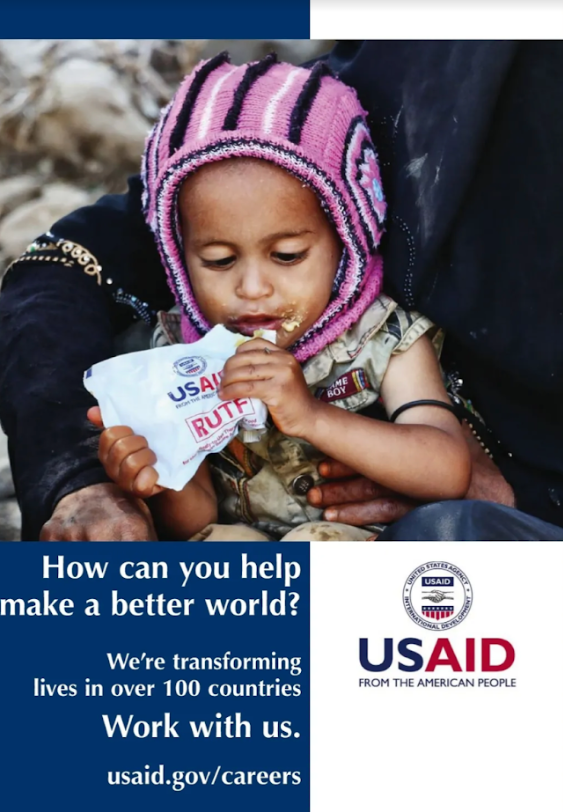Weekly news recap videos
can be seen at WORLDSIGN WEEK
https://h3world.tv/shows-name/worldsign-week
The UK Parliament is under criticism for leaving Deaf athletes as the only elite sports group in the country that receives no government funding. The team hopes to compete in Tokyo next month, but has raised only about one-third of the money it needs. Many Deaf athletes are paying the rest themselves. The Deaflympics began in 1924 and were officially recognized by the International Olympic Committee in 1955. The first games included 148 athletes from Europe, but now thousands of Deaf athletes from around the world take part. Despite this success, the UK government still provides no funding for Deaflympics athletes. In 2023, UK Deaf Sport asked for financial support - even less than other sports receive - but got no reply. Chris Ratcliffe, head of UK Deaf Sport, told Parliament that Deaf athletes should be treated the same as Olympic and Paralympic athletes. He said that even a small amount of funding over the next four years would help Deaf athletes train and prepare for the 2029 Deaflympics. Without such support, he warned, it amounts to discrimination, especially since Deaf athletes must compete against funded teams from other countries.
DEAFDIGEST JOBS CENTER
Looking for a job? See Jobs Center for job openings.
* News Writer for DeafDots (Canada)
DEAFDIGEST JOBS CENTER –
http://deafdigest.net/jobs-center/
A 25-year-old Kenyan innovator, Elly Savatia, has won the 2025 Africa Prize for Engineering Innovation. He received about $67,000 USD for creating an app that turns speech into sign language using 3D avatars. The prize is given each year by the UK’s Royal Academy of Engineering and is considered Africa’s top engineering award. The app is called Terp 360. It uses artificial intelligence to translate spoken English and Swahili into Kenyan Sign Language through animated 3D avatars. It was designed to help Deaf and hearing people communicate more easily. Kenya has very few sign language interpreters. This makes it hard for Deaf people to access education, healthcare, and jobs. Even though the law says companies must hire people with disabilities, many Deaf workers still face barriers because of poor accessibility. Savatia worked closely with Deaf and Hard-of-Hearing Kenyans to build the app. They recorded more than 2,300 Kenyan Sign Language signs using motion-capture technology. His team hopes to add more sign languages by 2027, including Rwandan, Ugandan, South African, British, and American Sign Languages. Their goal is to make spoken communication more accessible to Deaf communities across Africa and around the world.





